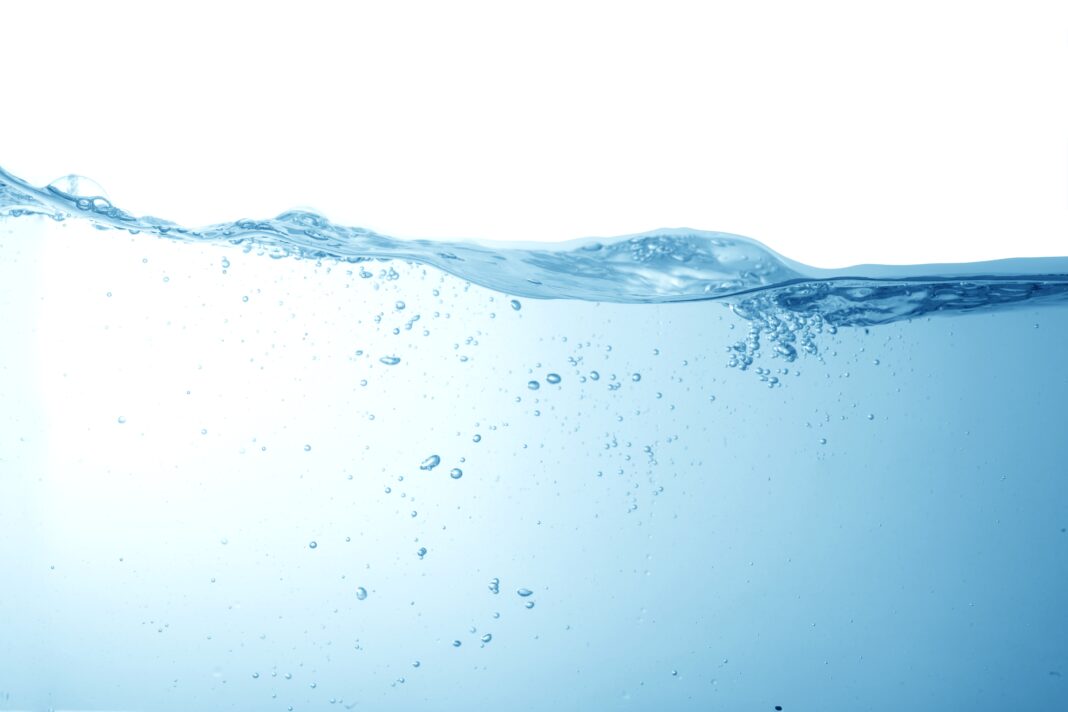10 Ways to Conserve Water at Home
By Cora Gold
With how much freshwater billions of people use worldwide, it won’t be surprising if it becomes as valuable as gold one day. Right now, many parts of the world can’t access this resource. You’re fortunate if you live in an area where clean water is freely available. While you can’t donate water to those who need it, you can preserve it to maximize what’s left on the planet.
Why It’s Important to Conserve Water
Only a scant portion of the world’s supply is freshwater, and over 40% of the global populace is experiencing shortages. People can’t shower, wash their hands or drink water whenever they like. They’re more likely to get sick due to this.
In certain parts of the globe, an astonishing 95% of people have had no access to clean water for months. Water scarcity is a global issue. It may not immediately impact your home or the country where you live, but you’re bound to feel the difference eventually. Conserving water is essential.
Here are other reasons it benefits you:
> Save energy: The best advantage of saving water is that you can reduce your utility bills.
> Promote sustainability: Pipes require power to move water throughout your home. Conserving means reducing your household’s carbon footprint.
> Contribute to food security: Freshwater is required for growing crops. Recycling water indirectly supports the agriculture industry in producing quality harvests to feed the world.
> Preserve marine life ecosystem: Economizing your usage may help decrease water pollution that affects aquatic creatures.
10 Ways to Conserve Water
Here are some actionable strategies that make a huge difference:
1. Fix Toilet Leaks
A single flush wastes approximately 1.6 gallons of water. Imagine the volume of waste with toilet leaks on top of maybe thirty flushes you do daily — it’s massive. Most people overlook these tiny toilet cracks, but they accumulate waste. Seal them or hire a plumber to do the job.
2. Use a Mug or a Glass When Brushing
Don’t leave the tap running when doing your oral hygiene. Besides contributing to water you can’t get back, it subconsciously makes you brush your teeth in a rush instead of doing it thoroughly. Use a mug or a glass and get just enough to minimize wastage.
3. Install WaterSense Labeled Shower Heads
By replacing your inefficient bathroom tool, you can save up to 2,700 gallons of water and 330 kilowatt hours of electricity annually. Look for a showerhead with a WaterSense sticker, as it’s more sustainable.
4. Run the Washer and Dishwasher With Full Loads Only
Doing so saves energy, water, and soap. Another tip is to skip the pre-rinse in dishwashing. Use a spoon to take off food particles. Dishwashers are powerful enough to remove residues on plates, condiments, and glasses. For the washer, give the extra rinse a pass. You won’t need it if you use the right amount of soap.
5. Limit Shower Time
The average American bathes for eight minutes. Overshowering can dry your skin. Cut back your washing time to five to 10 minutes to avoid stripping your body’s natural oils.
6. Water the Garden Only When Needed
Ideally, you want native plants filling your yard, as they require low maintenance and can thrive without much irrigation. If you have invasive or non-native species, break out the watering can only when necessary.
How will you know when it’s time? Stick your pointing finger into the potting soil. If it feels dry, give them a drink. Otherwise, check again in a few days.
7. Tell Kids Not to Play with Sprinklers
Children love to play with water on a hot day. Unfortunately, it leads to significant wastage. Educate them about water conservation and sustainability.
Other Indirect Ways to Conserve Water
Many of your lifestyle choices have a chain effect on the remaining water supply in the world. Here are some ideas of shifts you can do.
8. Adopt a Minimalist Wardrobe
The fashion sector is the second most water-intensive industry. It requires an equivalent of 900 days of drinking water for one person to make one t-shirt. You can indirectly save water by buying clothes you only need or going thrifting.
9. Try More Meatless Meals
Animal farms use a lot of water to operate. Consider cutting back on meat consumption for your health and sustainability’s sake.
10. Minimize Food Waste
The process of creating foods involves water usage. Recycle your leftovers to preserve water and save food money.
Water Is a Limited Resource
The world’s water supply is quickly draining, and millions of people are feeling the impact. Do your part to maximize what remains by implementing these 10 tips to conserve water in your home and daily life.
About the author: Cora Gold is a sustainability writer who aims to live a healthy, low-waste lifestyle. Read more from Cora in Revivalist magazine, LinkedIn and Twitter.
